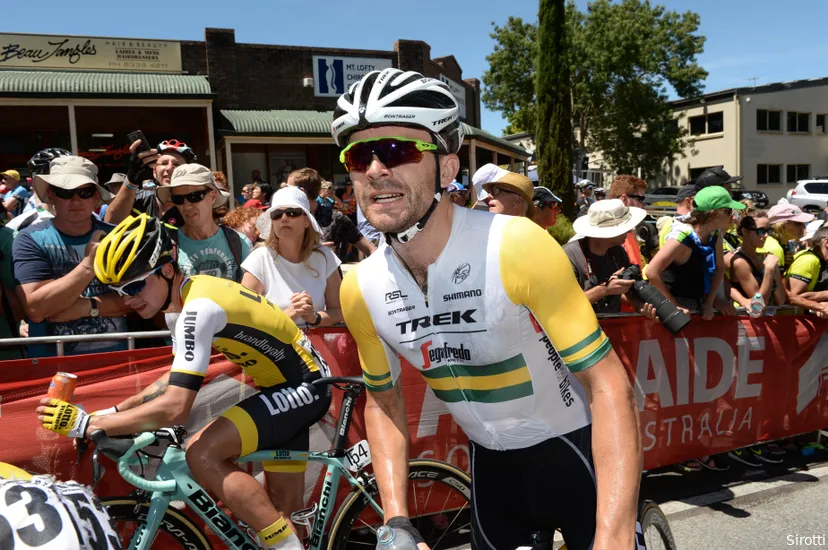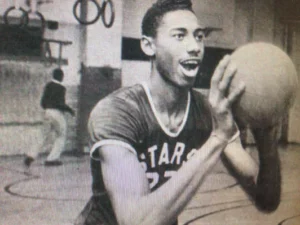Former professional cyclist Jack Bobridge, once a prominent figure in Australian cycling, has recently opened up about the dark hole he fell into after his career ended. In an emotional interview on A Current Affair, Bobridge shared the personal struggles and the downward spiral that led to his conviction and imprisonment.
Bobridge, who retired from professional racing at the end of 2016, had a celebrated career. Between 2010 and 2016, he raced for prestigious teams like Garmin, Orica-GreenEdge, Trek-Segafredo, and Belkin, while winning multiple Australian championships in both road and track cycling. However, throughout his career, Bobridge was silently battling rheumatoid arthritis. The condition, which caused excruciating pain and limited his mobility, led him to use corticosteroids to manage his symptoms.
“I couldn’t put my socks on because my feet hurt so much, let alone get up and train,” Bobridge reflected on his physical struggles. In an effort to cope with both the physical and emotional pain, he turned to alcohol and drugs. The pressure mounted after he retired, and with no structure or competition left to keep him grounded, Bobridge’s mental health deteriorated.
“The door opened wide, so to speak. I didn’t matter. I could do what I wanted, whenever I wanted,” he admitted. In 2017, Bobridge was arrested in a police sting for selling MDMA, leading to his conviction and a 2.5-year prison sentence. Although he wasn’t profiting from the drugs, he acknowledges that his actions were part of a destructive lifestyle.
Bobridge was released from prison in early 2022, and for the first time since his release, he has shared his regret and reflections. “I can take that on myself, but it’s hard to carry the weight of everyone you let down. My daughter too—she was so young,” he said, expressing the guilt of not being there for his family, especially his daughter, who couldn’t understand what was happening at the time.
One of Bobridge’s main concerns is the lack of support for athletes after their careers end. He believes that many athletes, like himself, are left to fend for themselves once they retire, without any follow-up or help from the sports industry that once provided them so much. “You feel like you give 100% to your sport and your country, and then when you’re done, you’re just dropped. That’s it,” Bobridge said.
Now working as a bricklayer, Bobridge is determined to use his story to help others who may be struggling with similar issues. “I just hope my story can help at least one person avoid making the same mistakes I did. It’s not weak to raise your hand and ask for help,” he urged. His message is clear: seeking support is crucial, and no one should feel they have to go it alone.
Through his own hardships, Jack Bobridge aims to give a voice to those who may feel isolated, offering a lesson in the importance of support and self-compassion.






